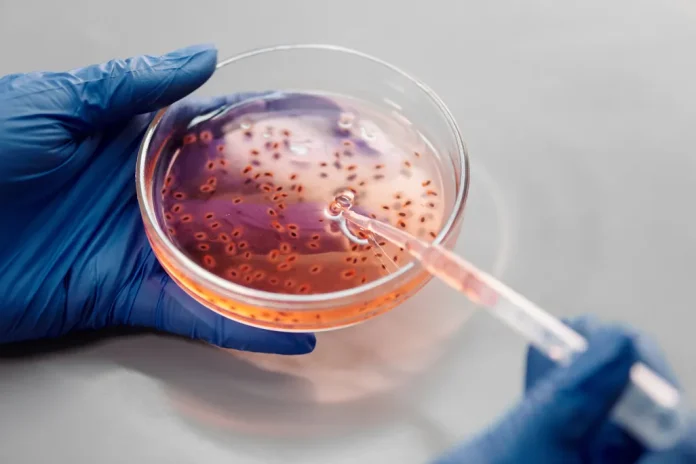Superbugs could kill millions of people by 2050, with the annual cost to the global economy reaching $2 trillion in 25 years, according to a study by the British Centre for Global Development.
The economies of the US, the UK and the EU will be the hardest hit, according to researchers at the British Centre for Global Development. Bacteria that have developed resistance to antibiotics and other antimicrobial drugs are called superbugs.
Infections caused by such bacteria are difficult to treat, which increases the risk of complications and mortality. Resistance develops due to excessive or incorrect use of antibiotics, causing bacteria to adapt and become insensitive to the action of drugs.
According to the most pessimistic scenarios, the US will lose $295.7 billion in GDP per year, China $722 billion, the EU $187 billion, Japan $65.7 billion, and the United Kingdom $58.6 billion. According to the Institute for Health Metrics and Evaluation (IHME), by 2050, mortality from superbugs will increase by 60%. In the US, 1.34 million people will die each year, and in the UK, 184,000.
Antibiotic-resistant infections require longer and more complex treatment, which is almost twice as expensive. As a result, healthcare costs will rise from $900 million to $3.7 billion in the UK alone, and from $15.5 billion to $57 billion in the US.
In addition, bacterial resistance to drugs will lead to a reduction in the workforce: by 0.8% in the UK, 0.6% in the EU and 0.4% in the US. Researchers emphasise that only investment in new antibiotics and treatments can prevent such a scenario.
Earlier, former Chief Medical Officer for England Sally Davies said that antibiotic resistance could kill nearly 40 million people over the next 25 years. Already, about 1 million people die each year from superbugs.
According to forecasts, by 2050, the mortality rate from antimicrobial resistance (AMR) will double, with the elderly being the most affected. Davies also stressed that antibiotic-resistant bacteria multiply every 20 minutes and can mutate.
Such mutations are transmitted to other bacteria, making it even more difficult to fight infections. At the same time, according to the expert, no new classes of antibiotics have been developed since the late 1980s, as pharmaceutical companies consider their production insufficiently profitable. Only international efforts will help in the fight against antibiotic-resistant bacteria. Davies called for strict restrictions on the use of antibiotics and incentives for companies to work on developing new drugs.
